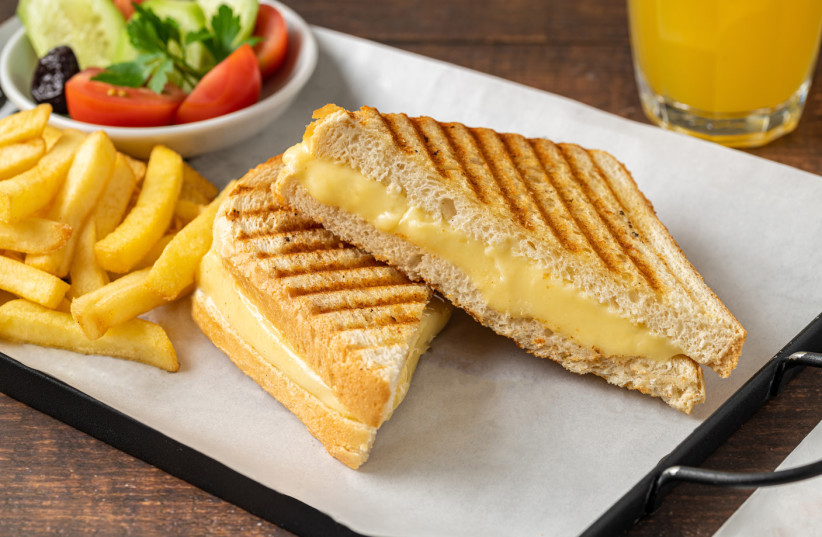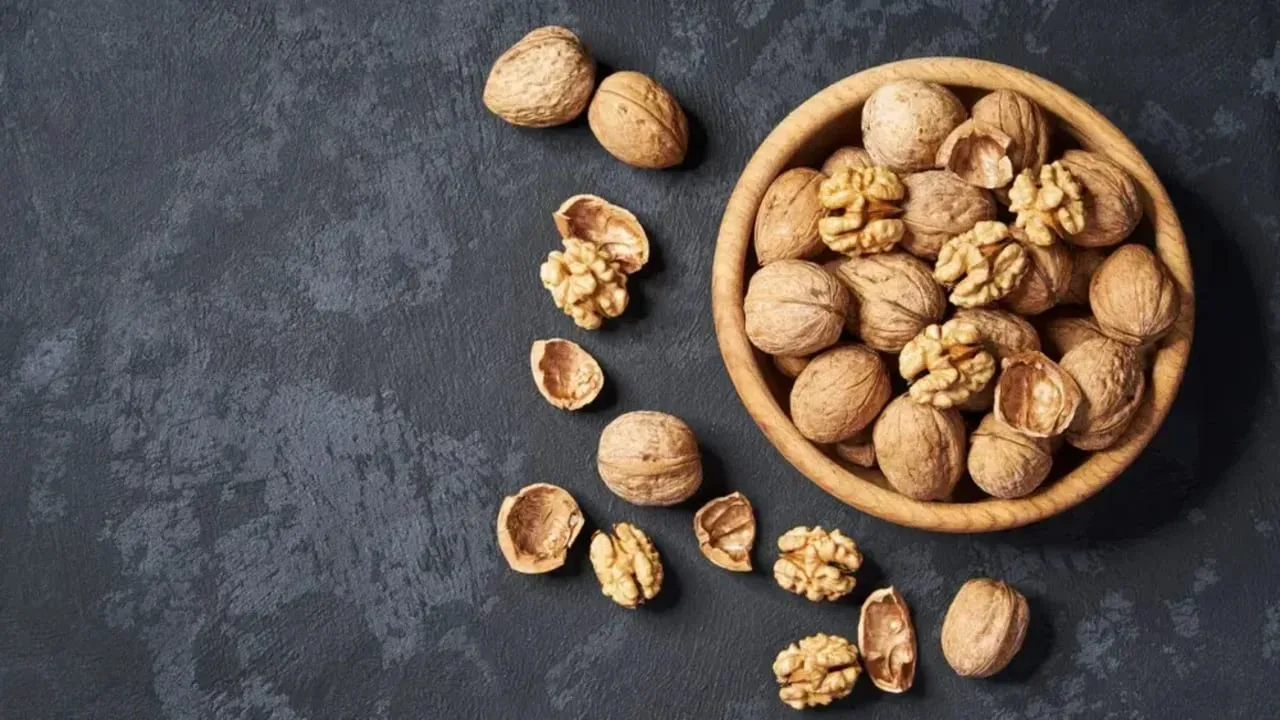ByWALLA! HEALTH
If you frequently suffer from bad dreams, you should check what you're eating before bed.
A new study reveals that certain foods have a real impact on dream content and sleep quality, especially among people with sensitivities or digestive issues. According to the study, dairy products and sweets were found at the top of the list of foods that cause nightmares and strange dreams, while vegetables, fruits, and herbal tea were linked to better sleep. The timing of eating was also found to significantly affect sleep quality and dreams, with late-night snacking or waking up to eat at night being associated with poorer sleep and more frequent nightmares.
The study included more than a thousand students and found that people with lactose intolerance were significantly more likely to experience nightmares. Dairy products ranked second on the list of foods participants blamed for disturbing dreams. The researchers found that it’s not necessarily the dairy products themselves but the unpleasant physical sensations that follow their consumption, such as bloating, gas, and cramps. These symptoms continue to affect the body during sleep and may manifest in the form of negative dreams.
Although dairy products stood out, sweets and desserts were actually ranked as the main cause of disturbing dreams and were responsible for nearly a third of the reported cases. Spicy food, meat, and breakfast cereals also appeared on the list of sleep-disrupting foods. In contrast, participants who reported more restful sleep mentioned consuming vegetables, fruits, and herbal tea. The findings align well with previous studies indicating that some foods contribute to quality sleep while others disrupt it—and that poor sleep itself is known as a trigger for nightmares.
Additionally, a link was found between food allergies and nightmares. Participants with any kind of allergy were twice as likely to report that food affects their dreams even when other variables were controlled. This suggests that immune system reactions—not just digestive symptoms—may influence dream content.
The researchers also examined the effect of eating time and found that late eating or evening snacking causes sleep disturbances and nightmares. The digestive system needs time to process food, and eating too close to bedtime may interfere with the natural sleep cycle. Participants who woke up in the middle of the night to eat reported a particularly strong link between night eating and nightmares, more negative emotions during dreams, and higher scores on sleep disturbance measures.
The researchers believe that the connection between food and dreams may pass through the gut-brain axis. When you eat food that triggers an unpleasant physical reaction, those sensations persist during sleep and appear as disturbing or strange dream content. Anxiety and depression symptoms were also found to contribute to this connection, as physical symptoms generate psychological stress that appears in dreams. Sleep quality also plays a key role, since foods that disrupt the sleep cycle increase the chances of waking up during REM sleep, which is when dreams are most vivid and detailed.
The researchers emphasize that although this is a correlation and not necessarily causation, there is scientific support for the gut feeling that what we eat really does affect what we dream. According to Dr. Tore Nielsen, one of the study's authors, the researchers intend to expand the study to different populations and conduct controlled experiments in which participants will be given cheese or a neutral food before sleep to examine their actual impact on dream quality.















